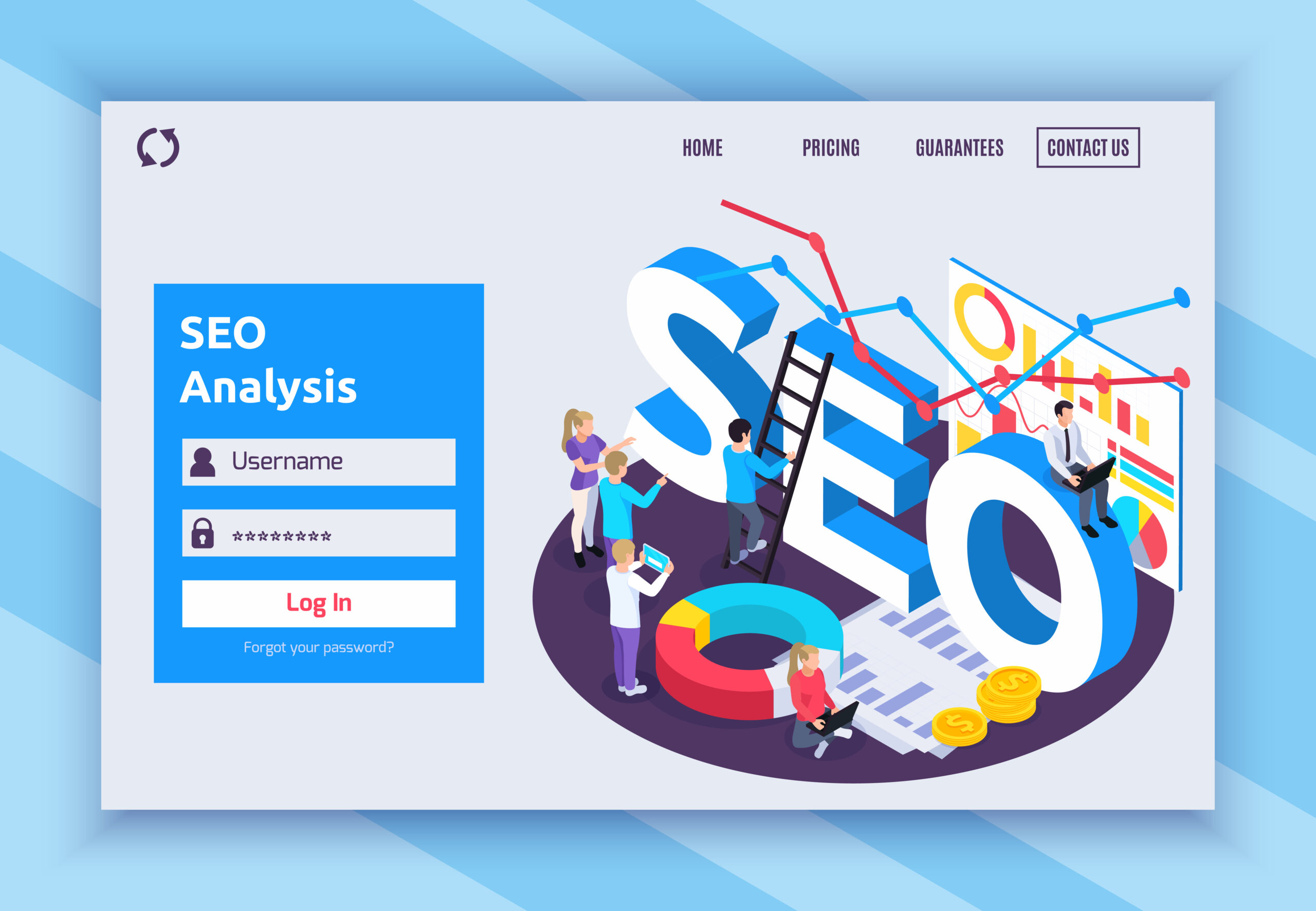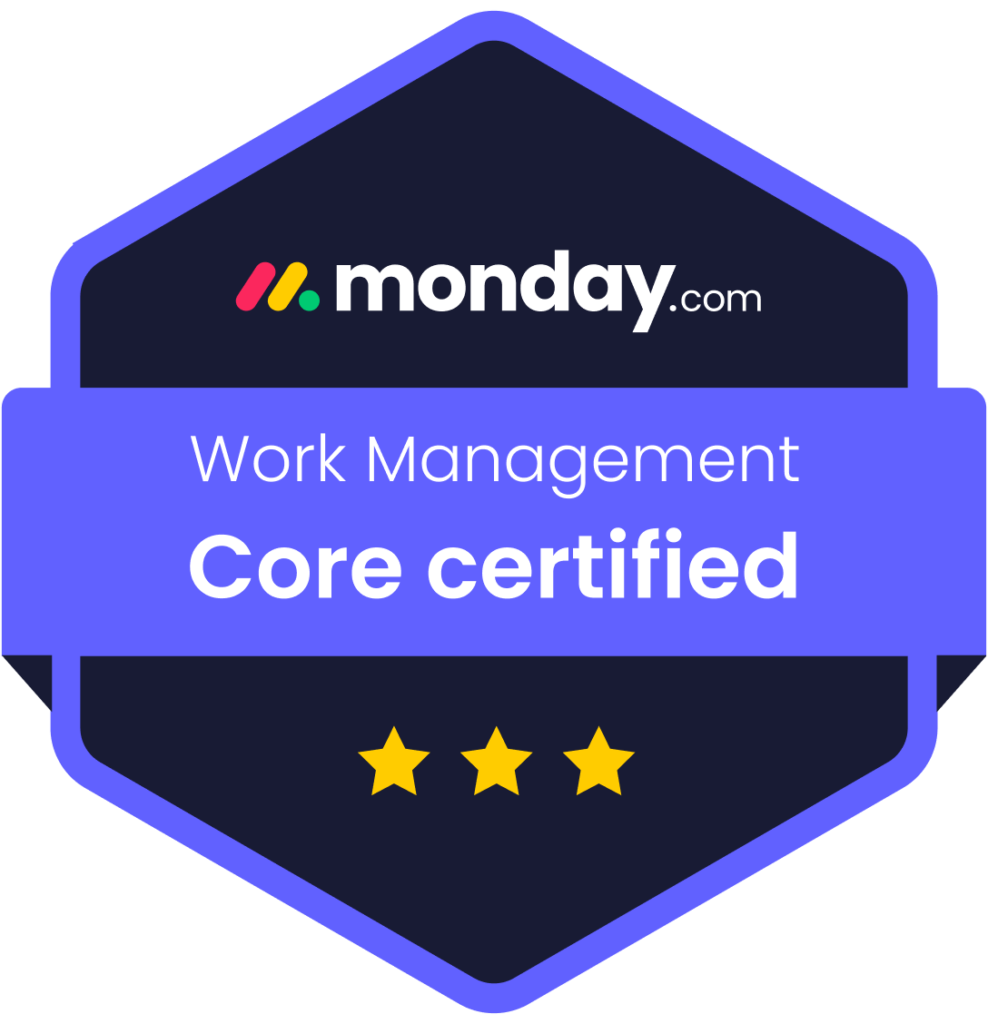Small businesses face a steep uphill battle when competing against big brands that have virtually unlimited marketing budgets and massive brand recognition. However, thanks to SEO, small businesses have a fighting chance. Search Engine Optimization isn’t just a buzzword—it’s a powerful, long-term strategy that helps businesses of any size reach new customers and expand their digital footprint.
Unlike traditional advertising channels that rely on high-dollar ad placements, SEO levels the playing field. It focuses on connecting with users actively searching for solutions online. For small businesses, this means showing up when it matters most—right at the moment of intent.
Why SEO is a Game-Changer for Small Businesses
For small businesses, SEO offers more value than almost any other marketing tactic. While large corporations spend millions on brand awareness, SEO helps small businesses capture demand through organic search. Instead of trying to outspend big brands, small businesses can outsmart them by focusing on search visibility.
SEO connects small businesses with motivated buyers who are already searching for specific products or services. When a potential customer types a query into Google, a well-optimized website can be the difference between gaining a lead or losing them to a competitor. And unlike paid ads, which stop working when you stop paying, SEO continues delivering results over time.
Local SEO: The Secret Weapon for Small Businesses
One of the biggest advantages small businesses have is their ability to focus on local search. Big brands often struggle to localize their messaging and presence, while small businesses can easily adapt their strategy to specific neighborhoods, towns, or cities.
Local SEO allows small businesses to show up in local map packs and geo-targeted search results. Optimizing for local searches ensures that when someone nearby looks for your services, your business is one of the first they see. Having an optimized Google Business Profile, consistent contact information across directories, and customer reviews all contribute to stronger local SEO performance.
The Power of Long-Tail Keywords
While big brands go after short, competitive keywords, small businesses can win by targeting long-tail keywords. These are more specific, less competitive phrases that align closely with buyer intent. A national brand might rank for “shoes,” but a small boutique can gain traction with a term like “handcrafted leather boots in Connecticut.”
These long-tail searches might have lower search volume, but they typically lead to higher conversion rates. People searching with detailed phrases usually know exactly what they want. By aligning content with those specific needs, small businesses can rank higher and convert more of their website visitors into paying customers.
Creating Content That Builds Authority
One of the most effective ways small businesses can gain visibility is through content. Blogging, creating educational resources, and answering common customer questions all contribute to a well-rounded SEO strategy. Big brands often struggle to create specific, locally relevant content, which opens the door for smaller businesses to fill that gap.
Search engines reward useful, relevant, and high-quality content. Small businesses that consistently produce helpful blog posts or landing pages that match user intent can improve their rankings significantly. The more useful your content is, the longer users stay on your site, which is a strong indicator of quality to search engines.
A Fast, Mobile-Friendly Website Gives You an Edge
Google and other search engines prioritize websites that offer a seamless user experience. That means your website needs to load quickly and look great on every device. Big brands often have complex, feature-heavy websites that take longer to load and can be harder to navigate.
Small businesses can turn this into a competitive advantage. A fast, clean, mobile-optimized site will not only make a better impression on users but will also rank better in search results. This means ensuring your site structure is logical, your images are optimized, and your content is easy to consume on smaller screens.
Building Authority with Backlinks
Search engines use backlinks as a measure of a website’s credibility. When other reputable sites link to your website, it signals that your content is trustworthy and valuable. Big brands naturally attract links due to their size, but small businesses can still build a strong backlink profile through smart outreach.
Guest posting on local blogs, partnering with community organizations, and getting mentioned in local media are all ways to earn backlinks. The more high-quality links your website earns, the more authoritative it becomes in the eyes of search engines.
Reputation and Reviews Matter
Online reviews don’t just help build trust—they’re also an important ranking factor for local SEO. For small businesses, reviews can be a powerful source of social proof that influences potential buyers. A steady stream of positive reviews can boost your visibility in search and make your business more attractive to new customers.
Responding to reviews, both good and bad, also shows your commitment to customer service. This engagement helps build trust with potential customers and sends positive signals to search engines.
Social Media’s Role in SEO
While social media doesn’t directly impact search rankings, it amplifies your content and helps drive traffic to your site. Small businesses that are active on social media can share their content, engage with their audience, and attract more visitors to their site—boosting brand awareness and increasing the likelihood of gaining backlinks.
Creating shareable content that resonates with your target audience can result in higher engagement and broader reach. These factors indirectly support your SEO by increasing visibility and driving more traffic to your website.
Tracking Progress and Making Adjustments
A critical part of any SEO strategy is consistent monitoring and adaptation. Tools like Google Analytics and Search Console allow small businesses to see what’s working and what’s not. Understanding which pages attract the most traffic, which keywords are performing well, and how users interact with your site helps you make informed decisions moving forward.
SEO isn’t a one-time task. It’s a continuous effort that requires refining your strategy, updating old content, and staying informed on changes in search algorithms. Small businesses that stay consistent and committed will see compounding results over time.
Final Thoughts: Outranking Big Brands is Possible
SEO for small businesses help give the tools to punch above their weight. With a clear strategy, consistent effort, and a focus on the right audience, small businesses can outrank larger competitors in the search results and attract more qualified leads.
At Skyfield Digital, we specialize in helping small businesses build customized SEO strategies that drive real, measurable results. Whether you’re starting from scratch or trying to gain an edge over your biggest competitors, we’re here to guide you every step of the way. Reach out today and let’s get your business the visibility it deserves.













